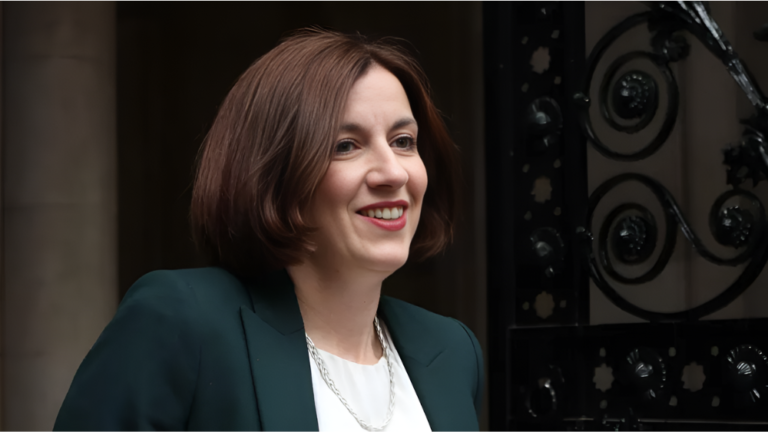The newly appointed Education Secretary, Bridget Phillipson, has embarked on a significant mission to address the pressing teacher shortage in the UK. The Department for Education (DfE) announced that Phillipson would spearhead efforts to recruit 6,500 new teachers, aiming to revitalize the education sector. This comprehensive strategy includes reconnecting with the education workforce, engaging with union leaders, and expanding an existing teacher recruitment campaign.
Resetting Relationships with the Education Sector
In a bid to reset the strained relationship between the government and the education sector, Bridget Phillipson will write to all members of the education workforce. This initiative underscores her commitment to addressing the long-standing issues faced by teachers and other education professionals. By engaging directly with educators, Phillipson aims to rebuild trust and foster a collaborative environment.
Engaging with Unions and Educational Leaders
Within the next few days, Phillipson is scheduled to meet with union leaders and key figures in the education sector. These discussions are expected to focus on the challenges of teacher recruitment and retention, as well as other critical issues affecting schools. The goal is to create a united front to tackle the educational challenges head-on.
Revitalizing the ‘Every Lesson Shapes a Life’ Campaign
The DfE has announced the immediate resumption and expansion of the ‘Every Lesson Shapes a Life’ teacher recruitment campaign. This initiative aims to attract new talent to the teaching profession by directing potential candidates to the Get Into Teaching website. Here, aspiring teachers can access support and advice from experienced teacher training advisers, a dedicated contact centre, and a comprehensive national programme of events.
Funding the Recruitment of 6,500 Teachers
The Labour Party had pledged during the recent election campaign to prioritize the recruitment of 6,500 teachers. The proposed funding for these new positions will come from an additional tax on private school fees. However, the timeline for the implementation of this policy remains unclear, and it has sparked a debate. Proponents see it as a fair method to generate revenue, while critics argue that it imposes an undue burden on parents.
Transforming the Image of Teaching
Bridget Phillipson has emphasized her desire to elevate the status of the teaching profession. She believes that education should be at the forefront of national priorities and is determined to improve the public perception of teaching. According to the DfE, addressing the recruitment and retention crisis is crucial for this transformation.
A Focus on Teacher Well-being and Morale
Phillipson’s initial priority is to address the morale of the teaching workforce. She acknowledges that teachers have been undervalued and marginalized for too long. By directly addressing these concerns, she hopes to restore confidence and pride within the profession.
Union Reactions to the New Leadership
The teaching unions have responded positively to Phillipson’s appointment. Daniel Kebede, General Secretary of the National Education Union (NEU), stressed the importance of rebuilding the relationship between educators and the government. He expressed hope that Phillipson’s leadership would bring stability and seriousness to the Department for Education.
Call for Immediate Action on Teacher Pay and Funding
Kebede has called on Phillipson to promptly publish the pay and funding offer for the 2024/25 school year. This move is seen as a crucial step in addressing the grievances that led to widespread strikes over pay in the previous year. He emphasized that this action would be the first of many needed to correct the previous government’s mistakes.
Challenges Ahead for the New Government
Paul Whiteman, General Secretary of the National Association of Head Teachers (NAHT), congratulated Phillipson but cautioned against underestimating the challenges ahead. He reiterated NAHT’s readiness to collaborate with the new government, expressing optimism about working with Phillipson and her team in the future.
Conclusion
Bridget Phillipson’s proactive approach marks a significant shift in the government’s strategy towards education. By focusing on recruitment, resetting relationships, and addressing key issues head-on, she aims to bring much-needed stability and progress to the education sector. The success of these initiatives will be critical in ensuring that the UK can attract and retain the talented teachers needed to shape the future of its students.


